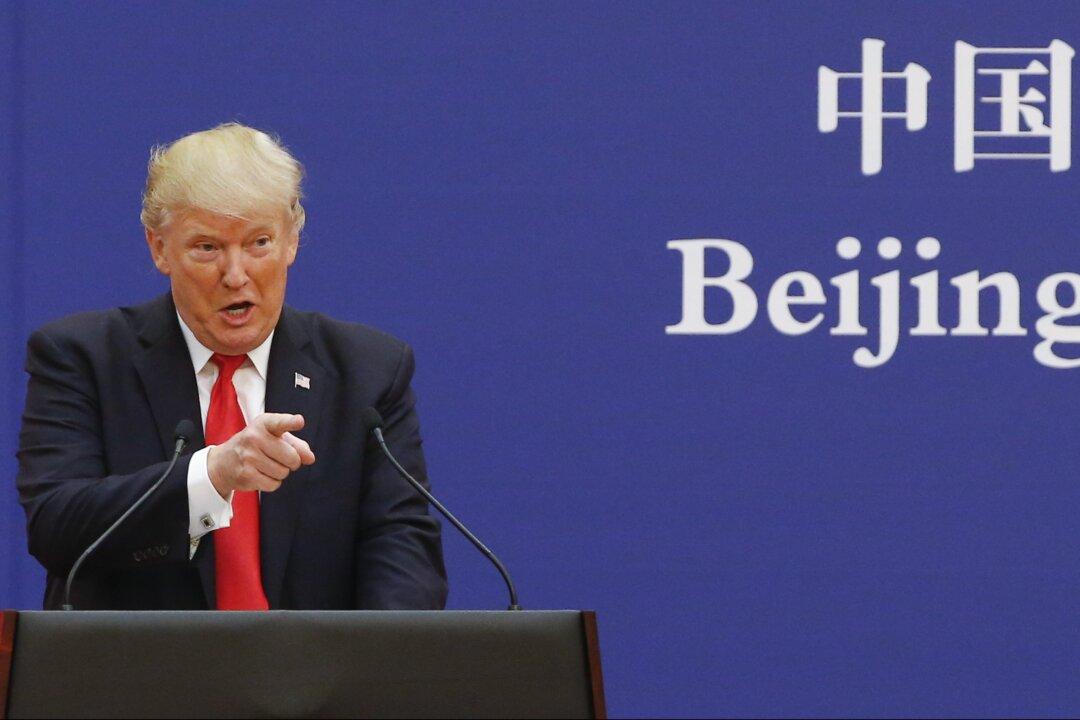The Republican Study Committee (RSC), released its National Security Proposal, which is grounded in the American values of freedom, human rights, the rule of law, and open markets. The RSC proposes strategies to secure the United States from threats posed by three key adversarial countries.
Reps. Mike Johnson (R-La.) and Joe Wilson (R-S.C.), led the House’s largest GOP caucus to create a proposal (pdf) which aims to mitigate the national security threat from countries like China, Russia, and Iran to promote a foreign policy that advances America’s prosperity and peace.





